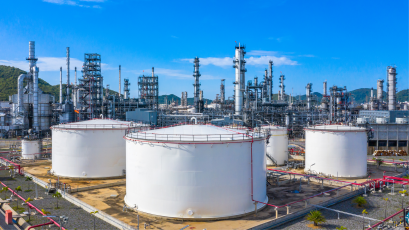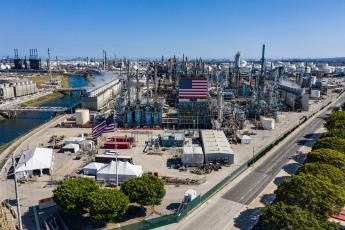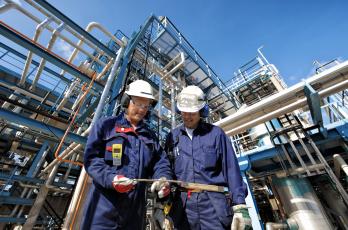AFPM Safety Awards Celebrate 30 Years of Honoring Industry Leaders
Safety has always been and will continue to be the top priority of the refining and petrochemical industries — which is why refiners and petrochemical manufacturers are consistently ranked in the top industries for safety, out of more than 500 U.S. manufacturing industries.









